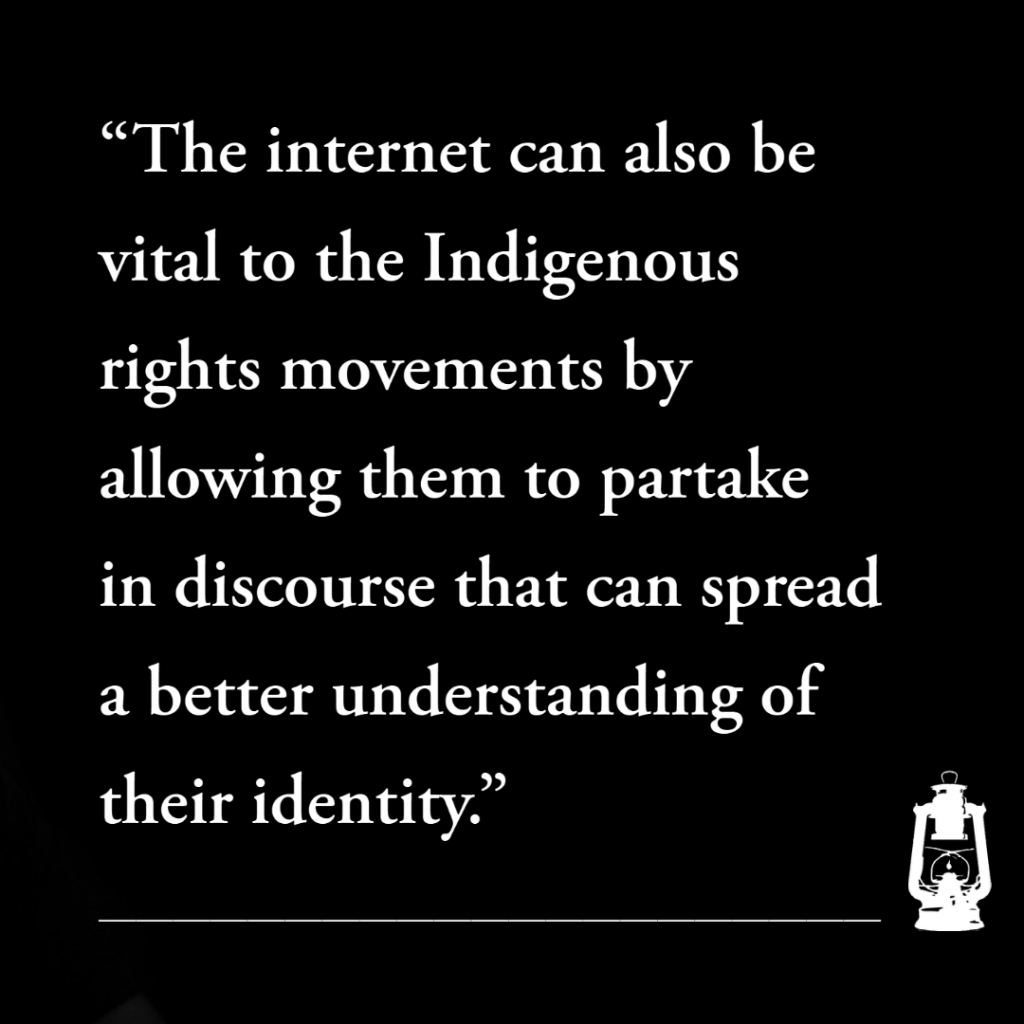Zoha Malik
Staff Writer
Dr. Elizabeth Belding, a computer science professor at UC Santa Barbara (UCSB), was recently awarded a $2 million National Science Foundation grant to further develop Internet access solutions within rural Native American communities alongside the PuebloConnect team.
PuebloConnect is a research group that focuses on improving Internet availability rates by encouraging consistent digital content creation in economically marginalized communities. Professor Belding is the primary investigator for the group, alongside co-investigators and a team of both undergraduate and graduate student researchers.
In an interview with UCSB’s Convergence Magazine, she explained how she wants to “align her work with her social consciousness,” by combining her research in wireless networking with her wish to empower groups that are economically and politically disadvantaged. Previously, Belding worked on communication technologies for development internationally, in places like Zambia, South Africa, Mongolia, and Syrian refugee camps in Jordan. Now, PuebloConnect is concentrating on bringing on such technologies to underserved Indian communities in rural America.
“PuebloConnect is a research group that focuses on improving internet availability rates by encouraging consistent digital content creation in economically marginalized communities.”
Ever since the UN declared it so in 2016, equal access to the Internet and freedom to use it has been internationally recognized as a human right, as something that is especially important when participating in a democracy. And Native Americans, one of the most marginalized demographics in the U.S., have some of the lowest rates of Internet availability. Lack of Internet access significantly hinders Native American’s ability to exercise their voice as U.S. citizens.
The disadvantages include difficulty finding jobs and doing schoolwork, creating a great disconnect between these marginalized communities and the digital world. The Internet can also be vital to the Indigenous rights movements by allowing them to partake in discourse that can spread a better understanding of their identity. It can be used as a tool to connect with other Indigenous groups, spread solidarity, and give them greater political clout.

This grant will help PuebloConnect achieve its overarching goal of building a more usable Internet for members of this community. This includes developing new network technologies, an accessible download and upload platform, and innovative routers. PuebloConnect is also establishing more TV white space installations in the region, which can be used to access broadband Internet connectivity. According to the PuebloConnect website, they also strive to include the community in their endeavors.
Throughout their time in the southwest, they’ve spoken to locals and leaders — as well as Indigenous organizations — to identify goals for Internet use. In hopes of spreading a broader knowledge of the Internet, PuebloConnect has also taken part in teaching digital literacy basics and web page development to members of Native tribes.
Without the help of PeopleConnect, communities that are isolated from technological advances can become further marginalized, making it crucial to help get them connected. Through the work of PuebloConnect and Professor Belding, regions and groups that are similar to these rural Native communities can receive the same assistance for better Internet access and all the benefits that come with it.
Through the NSF grant, they have the resources to spread their resources over larger areas and bring the World Wide Web to other communities in need.

















